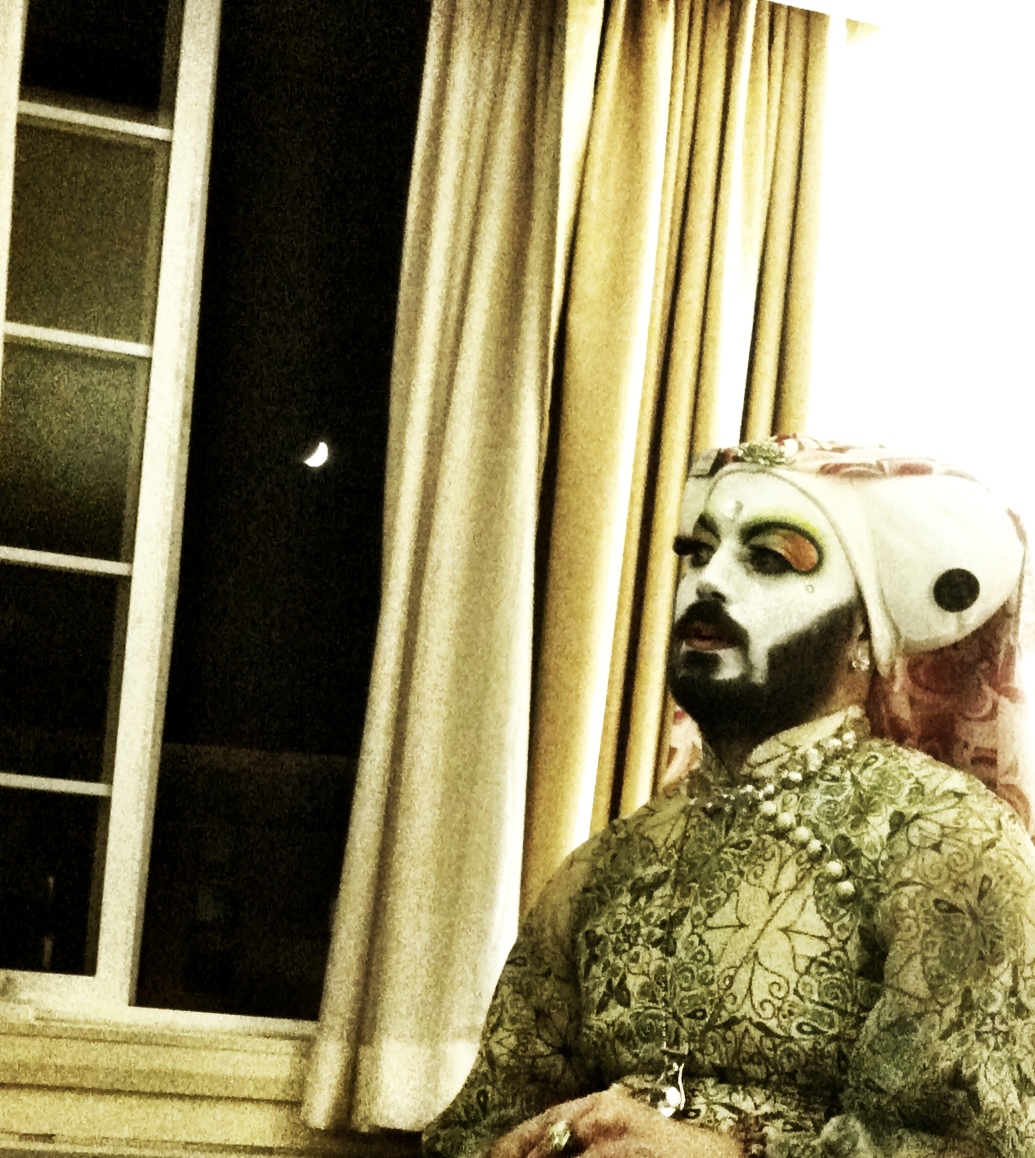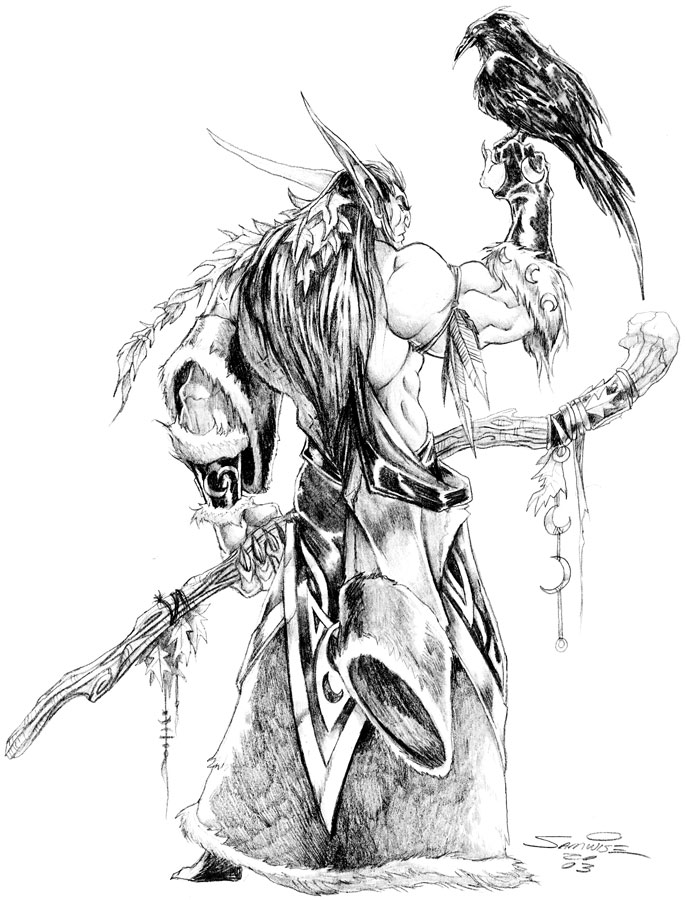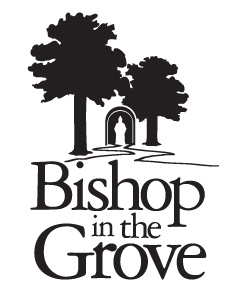Tag: Identity
-

How Do I Know I’m a Pagan?
How do I know I’m a Pagan? I mean, really. I had this thought after my unexpected visit to church. I also had this thought after I returned home from Beltania, the Colorado Beltane gathering I attended and presented at over my birthday weekend. It may seem strange that I would question my Pagan identity after a Pagan […]
-

A Pagan, a Druid, and an Episcopalian walk into a Church
I went to church last night. It was the first time I’d been to church since I left the Church. Taking in an evening mass, done up to the 9’s with incense and vestments, was something I hadn’t planned to do while visiting Eugene, Oregon, nor was it an invitation I expected to receive from […]
-

Genderqueer is to Trans as Polytheist is to Pagan
My kid is transitioning, but he’s not trans. He’s genderqueer. He doesn’t mind being called “trans,” because it’s accurate, but he identifies as something different. For some, this is a brain breaker. I don’t blame them or vilify them for that. One has to be flexible with definitions in order to approach these (seemingly) subtle, nuanced uses of identity language, […]
-

Keep Paganism Weird
Ever been to Austin? If you have, you’ll recognize the title of this post, Keep Paganism Weird, as a variation of the city’s popular catch phrase. Plastered on buildings and bumper stickers is a reminder that Austin has a history of wild, weird culture, and that it’s important that the young’ins continue the cultural tradition […]
-

Semi-famous Pagan Blogger / Semi-famous Recording Artist
The internet runs on an interesting mixture of transparency and secrecy. Some of us tell all, and others build identities behind which to hide. Some of us do a little of both. I began writing under the name Teo Bishop in 2009 in order to provide me with the safe space to explore my evolving religious identity. […]
-

One Little Pagan on the Huffington Post
I remember when I first came out as gay, I wanted to read other gay writers. I wanted to listen to gay music, and wear gay t-shirts, and stitch a gay patch to my high school backpack. Gay was the thing to be, as far as I was concerned, and “gay bling” was hot currency. […]
-

You Say Tomato, I Say Druid.
Ever since I took the name, Teo Bishop, and made it my own — both in a religious sense and through the proper legal channels — I’ve had cause to explain what it is that I do on this blog. My writing, as well as my deepening engagement with my own spiritual work, are both […]
-

What is the Point of Your Religion?
Last week I asked, “Where does compassion belong among Pagans and Polytheists?” Beneath this first question there is another, more relevant question; one that has been nagging at me for several days: What is the point of your religion? I think this is a valuable inquiry, and no one has asked me this just yet. Yesterday […]
-

Questioning Paganism… Again.
I’m not sure why I’m a Pagan. I type those words, and I know I’m taking a risk by making this admission, but it’s what’s going through my head. My Paganism, as well as my Druidry, is feeling more like subject matter for this blog rather than a way of living my life. Being Pagan […]
-
Know Me By My Pagan Name
What happens when the person I am online – the Druid student, the Pagan – meets real, flesh and blood, non-Pagan identifying people? Which me am I?








